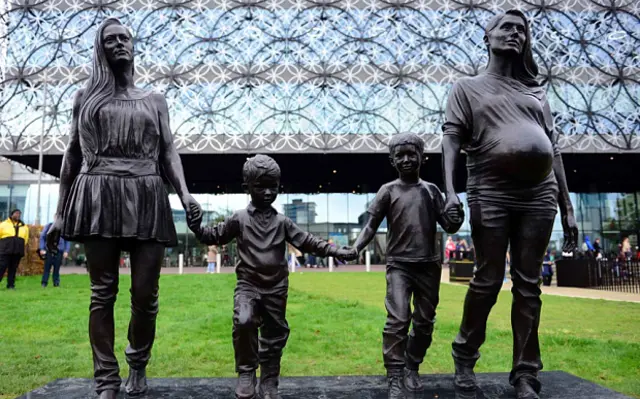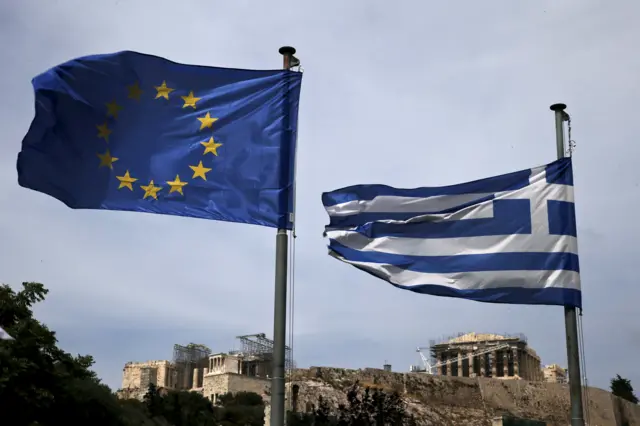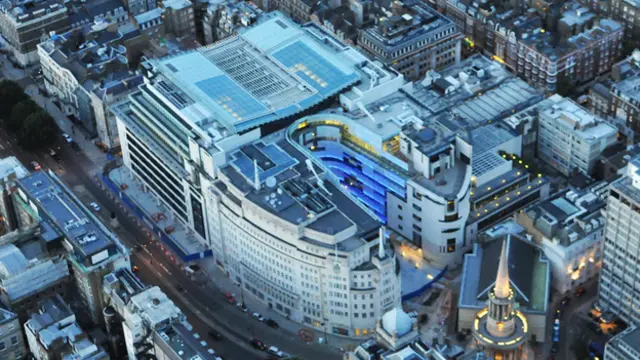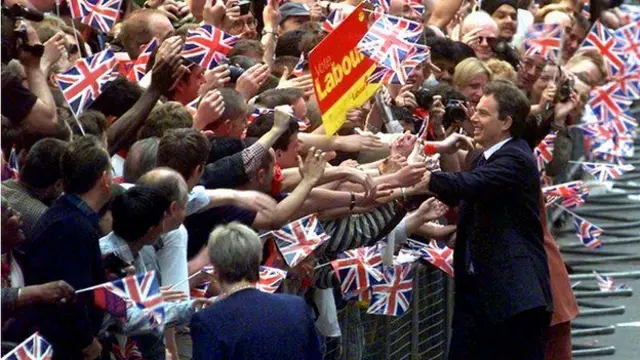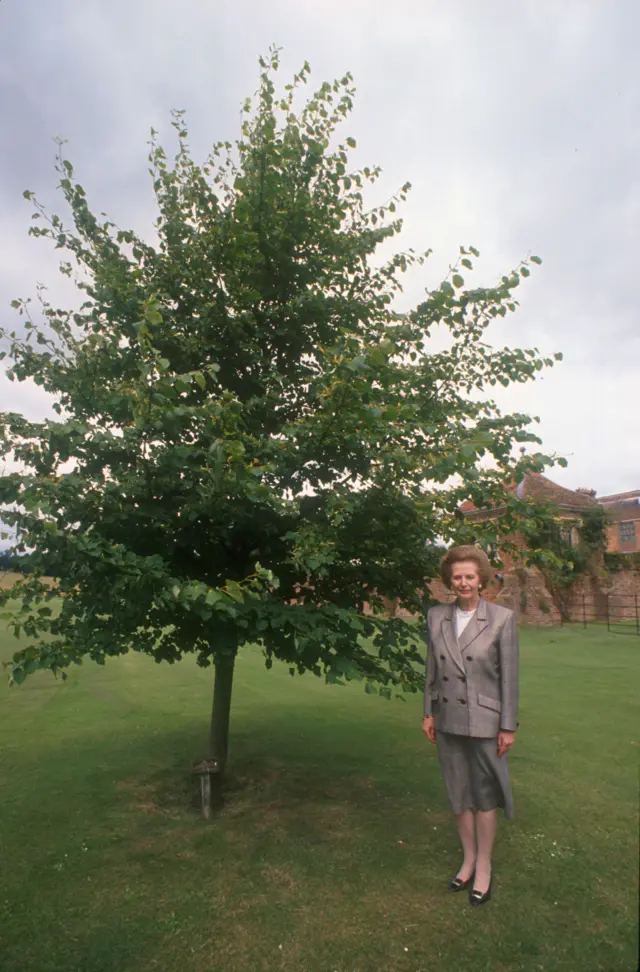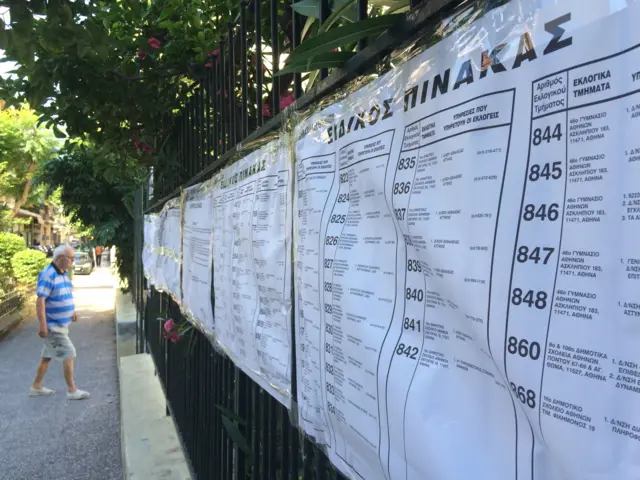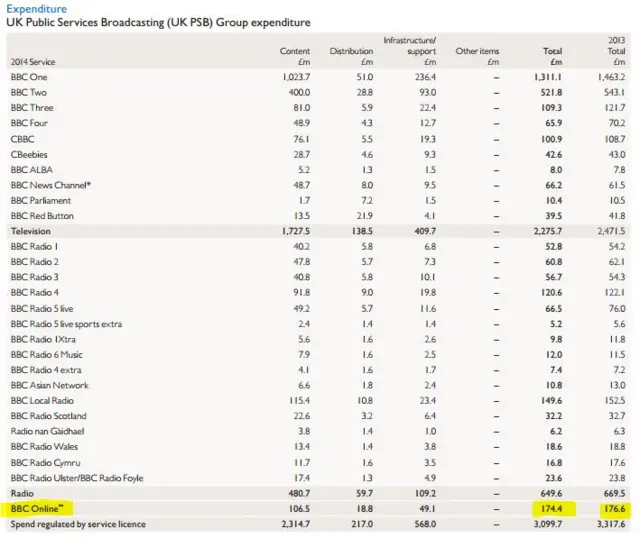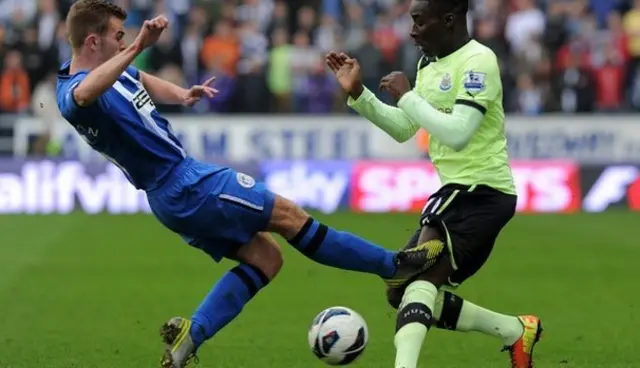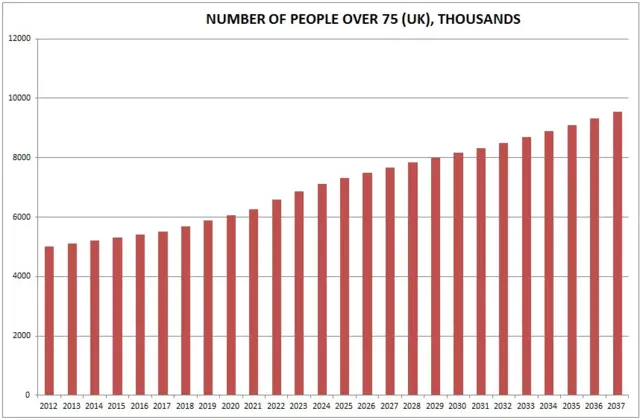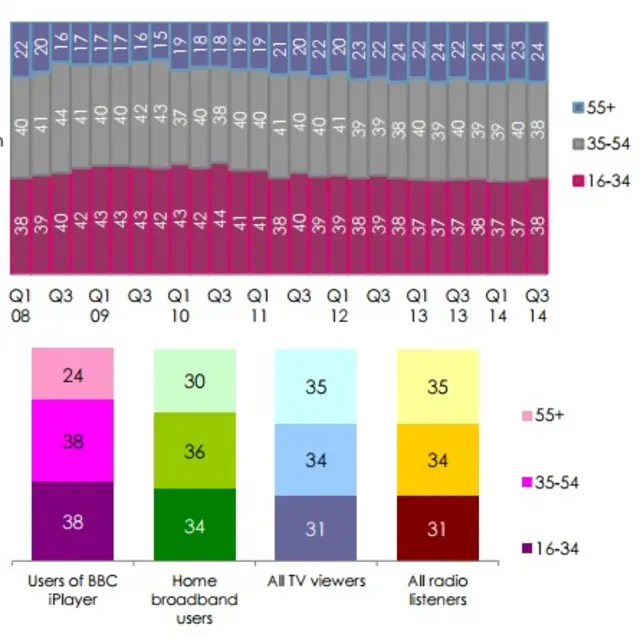7/7 remembered - "A scene of medieval carnage"published at 21:10 BST 7 July 2015
 Alex Campbell
Alex Campbell
Newsnight producer
Lord Blair, the Commissioner of the Metropolitan Police at the time of the 7/7 bombings, spoke to Newsnight ahead of the 10th anniversary of the atrocity.
Recalling the police’s efforts in the face of “medieval carnage”, he revealed how officers boarded the bomb-torn bus to reach the dead and dying – despite fears of another live explosive.
He also described balancing his role as head of police with the knowledge that his own son was travelling in London as news of the explosions reached Scotland Yard.
Asked about contemporary efforts to tackle extremism, Lord Blair cautioned against taking a tougher stance on fundamentalism, adding: “Some people might argue we must take a much tougher approach but I couldn’t agree less with them. We have to take a very resolute approach… But you don’t do it to them, you do it with them.”
The full interview is online here.
Allow YouTube content?
This article contains content provided by Google YouTube. We ask for your permission before anything is loaded, as they may be using cookies and other technologies. You may want to read Google’s cookie policy, external and privacy policy, external before accepting. To view this content choose ‘accept and continue’.

